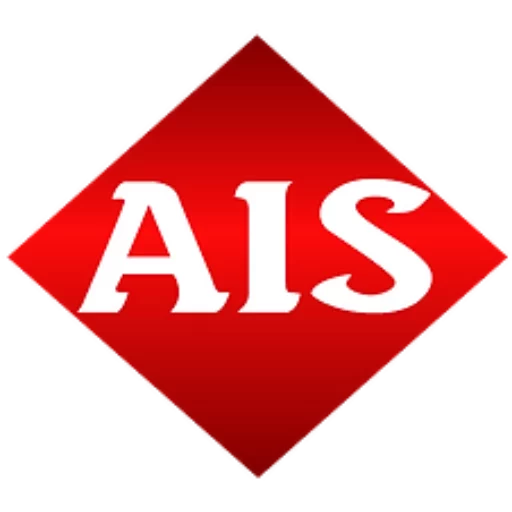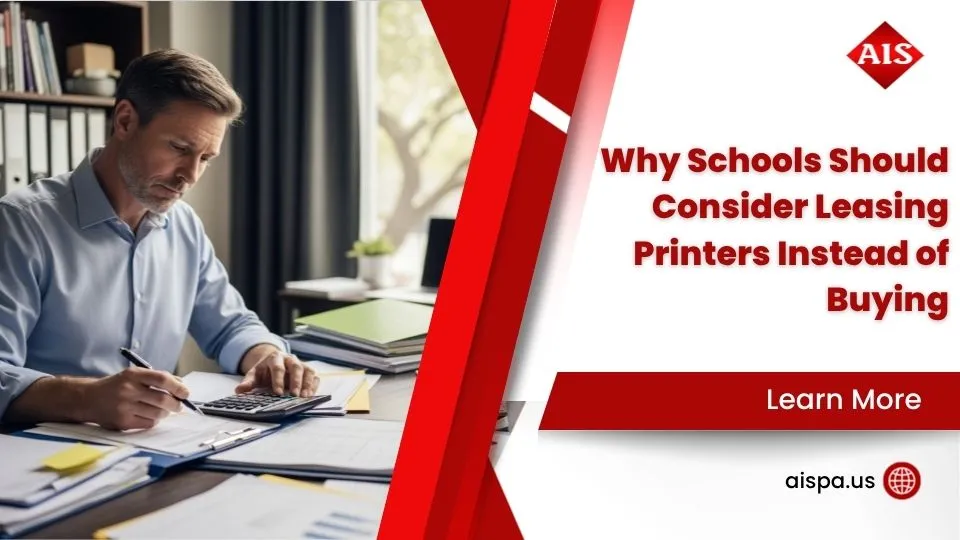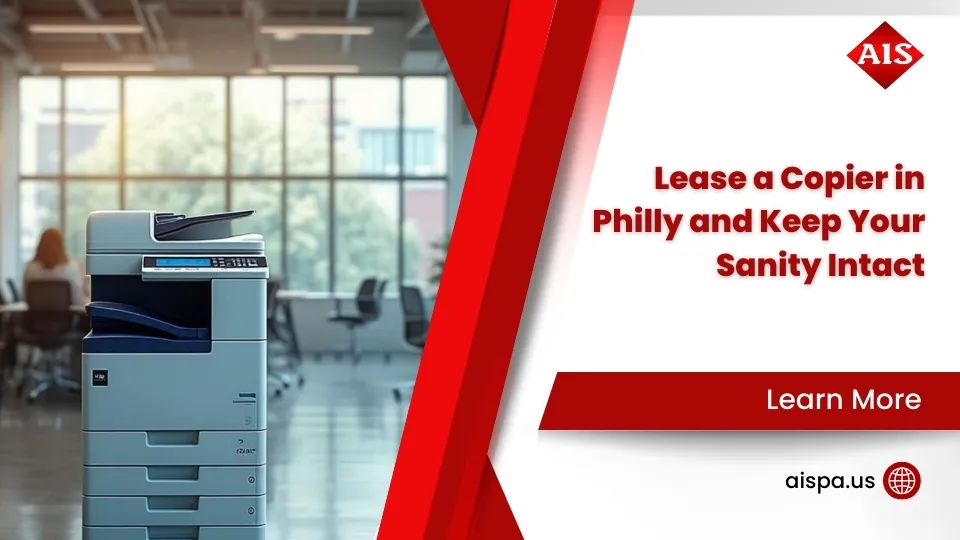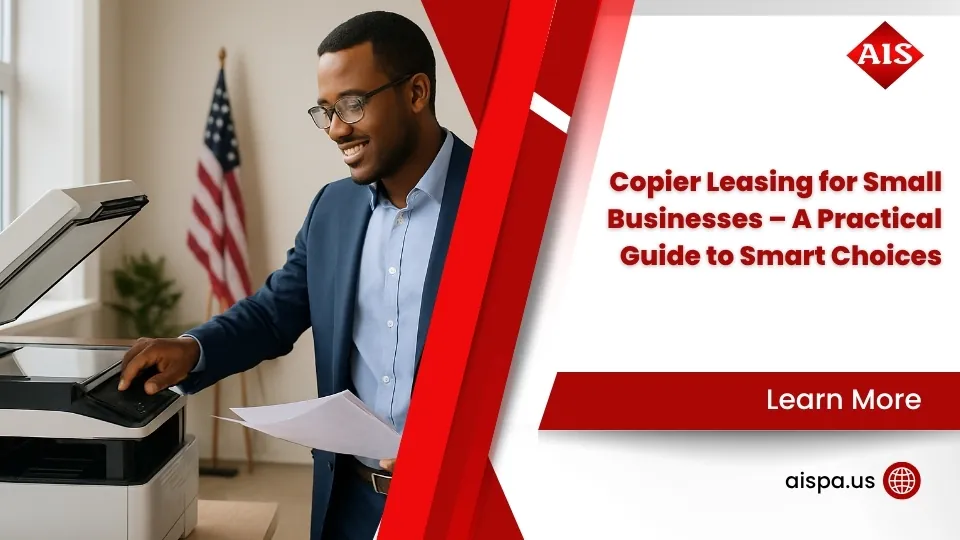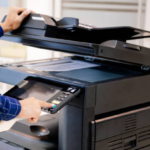Essential Tips for Leasing a Copier in Philadelphia
Tips for Leasing a Copier
Having reliable office equipment like copiers and printers is essential. These machines are the backbone of many administrative tasks, from printing documents to making copies for meetings.
However, the decision to lease or buy a copier is a significant one that can impact your business’s finances and operations. Leasing a copier offers numerous advantages, including lower upfront costs and the ability to upgrade to the latest technology. This article provides essential tips for leasing a copier in Philadelphia, ensuring you make an informed decision that benefits your business.
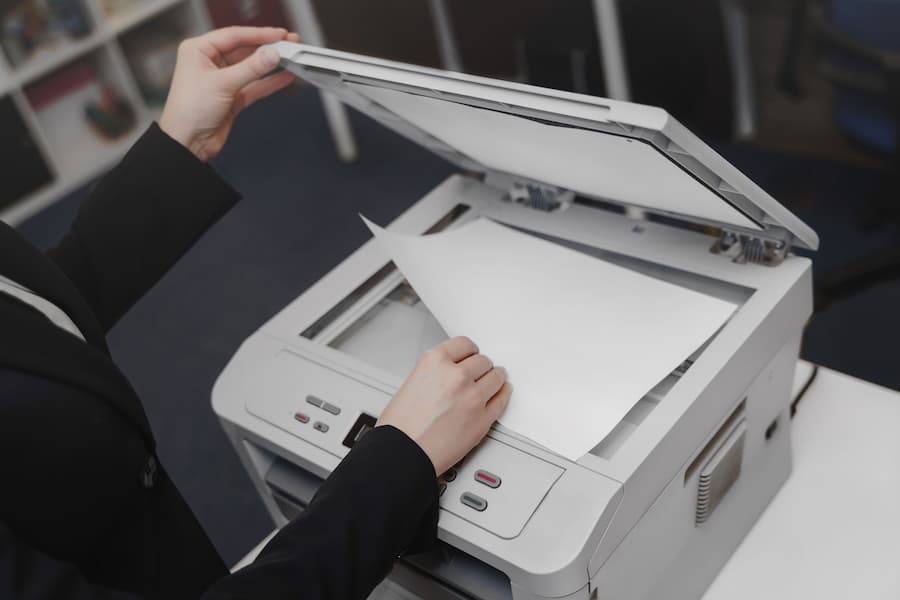
Why Lease a Copier?
Benefits of Leasing a Copier
Leasing a copier offers several financial and operational advantages that make it an attractive option for businesses of all sizes. One of the primary benefits is the lower upfront cost. Purchasing a copier outright requires a significant initial investment, which can be a burden for many businesses. In contrast, leasing allows you to spread the cost over the lease term, making it more manageable.
Another significant benefit is the flexibility to upgrade your equipment. Technology is constantly evolving, and copiers are no exception. Leasing provides the option to upgrade to newer models as they become available, ensuring your business always has access to the latest features and capabilities.
Maintenance and repairs are often included in lease agreements, reducing the hassle and cost of keeping your copier in good working condition. This can save your business time and money, allowing you to focus on your core operations.
Understanding Copier Lease Agreements
What is a Copier Lease Agreement?
A copier lease agreement is a contract between your business and a copier leasing company that outlines the terms and conditions of leasing a copier. These agreements typically include details such as the lease term, monthly payments, and the responsibilities of both parties. Understanding the key components of a copier lease agreement is crucial to avoid any unexpected costs or obligations.
There are two main types of leases: capital leases and operating leases. A capital lease is similar to a loan, where you eventually own the copier at the end of the lease term. An operating lease, on the other hand, is more like a rental agreement, where you return the copier at the end of the lease term.
Key Terms in Copier Lease Agreements
Several key terms are commonly found in copier lease agreements. The lease term refers to the duration of the lease, which can range from a few months to several years. Monthly lease payments are the regular payments your business makes to the leasing company, which can include costs for maintenance and repairs.
At the end of the lease term, you have several options. You can return the copier, renew the lease, or purchase the copier at a predetermined price. Understanding these options is crucial for making the best decision for your business at the end of the lease.
Choosing the Right Copier for Your Business
Factors to Consider When Choosing a Copier
Selecting the right copier for your business involves considering several factors. First, evaluate the copier features that are essential for your business operations. These may include print speed, paper capacity, scanning capabilities, and advanced functions like wireless connectivity.
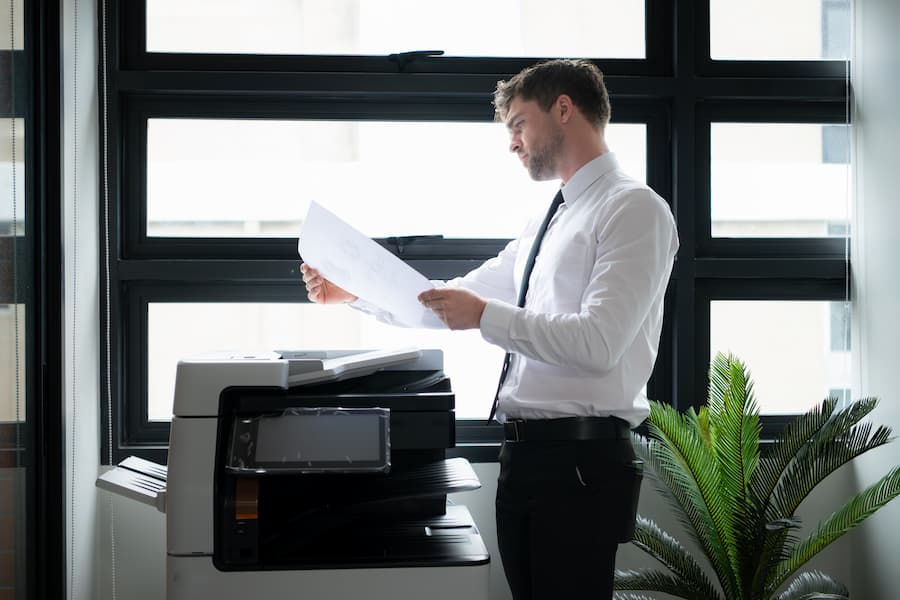
Your business needs should also guide your decision. Consider the volume of printing and copying your business requires and choose a copier that can handle your workload efficiently. Additionally, think about the lease options available. Some leasing companies offer flexible lease terms that can be customized to fit your business needs.
Pros and Cons of Leasing a Copier Advantages of Leasing a Copier
Leasing a copier has several advantages, particularly in terms of financial management. One of the most significant benefits is the reduced upfront cost. Instead of paying a large sum upfront to purchase a copier, leasing allows you to spread the cost over the lease term, making it more affordable.
Another advantage is the ability to upgrade your equipment. Technology advances rapidly, and having the latest copier technology can improve efficiency and productivity. Leasing provides the flexibility to upgrade to new models as they become available, ensuring your business always has the best tools at its disposal.
Maintenance and repairs are often included in the lease agreement, reducing the burden on your business. This can save time and money, as you won’t need to worry about unexpected repair costs or finding a reliable service provider.
Disadvantages of Leasing a Copier
Despite the benefits, leasing a copier also has some drawbacks. One of the main disadvantages is the total cost over time. While the monthly payments may be lower than purchasing a copier outright, the total cost over the lease term can be higher.
Lease agreements can also be restrictive. You may be bound by the terms of the lease, limiting your ability to make changes to the equipment or terminate the lease early. It’s essential to understand the terms and conditions of your lease agreement to avoid any unfavorable terms.
Cost of Leasing a Copier
Monthly Lease Payments and Other Costs
When leasing a copier, it’s essential to understand the costs involved. Monthly lease payments are the most significant expense, but there may be additional costs to consider. These can include maintenance and repair fees, which are often bundled into the monthly payment.
Some leases may also include costs for consumables like toner and paper. It’s essential to review your lease agreement carefully to understand all the costs associated with leasing a copier. This will help you budget effectively and avoid any unexpected expenses.
How Copier or Printer Lease Works
Step-by-Step Process of Leasing a Copier
Leasing a copier involves several steps. The first step is to find a reputable leasing company. Research different leasing companies and compare their offerings to find one that meets your business needs. Look for companies with positive reviews and a track record of reliability.
Once you’ve chosen a leasing company, the next step is to negotiate the lease terms. Discuss the lease duration, monthly payments, and any additional costs. It’s essential to read the lease agreement carefully and ensure you understand all the terms before signing.
After signing the lease agreement, the leasing company will deliver and install the copier. Throughout the lease term, ensure you maintain the copier according to the lease agreement’s terms to avoid any penalties or additional costs.
Comparing Leasing vs. Buying a Copier
Pros and Cons of Buying a Copier
When considering whether to lease or buy a copier, it’s important to weigh the pros and cons of each option.
Pros:
- Ownership: When you buy a copier, you own it outright. This means you can use it as you see fit without worrying about lease terms or restrictions.
- No Monthly Payments: Buying a copier eliminates the need for monthly lease payments, which can be beneficial for businesses with the capital to make an upfront investment.
- Depreciation and Tax Benefits: Owning a copier allows you to depreciate the asset over time and potentially benefit from tax deductions.
Cons:
- High Upfront Costs: The initial cost of purchasing a copier can be significant, which may strain a business’s cash flow.
- Maintenance Costs: As the owner, you are responsible for all maintenance and repair costs, which can add up over time.
- Technology Obsolescence: Copiers can become outdated quickly. Buying a copier means you might be stuck with older technology unless you invest in upgrades.
Decision Making: Buy or Lease?
Deciding whether to lease or buy a copier depends on various factors, including your business’s financial situation, technology needs, and long-term plans. Leasing is often a better option for businesses that prefer lower upfront costs and regular technology upgrades. Buying, on the other hand, might be suitable for businesses with sufficient capital and a desire for ownership.
Managing Your Copier Lease

Tips for Managing Throughout the Lease Term
Successfully managing a copier lease requires attention to detail and proactive maintenance. Here are some tips to help you navigate the lease term smoothly:
- Regular Maintenance: Schedule regular maintenance checks to ensure the copier is functioning correctly. This can prevent major issues and keep the copier running efficiently.
- Track Usage: Monitor the copier’s usage to identify any patterns or issues. This information can be helpful when negotiating future leases or deciding on equipment upgrades.
- Understand Your Lease Terms: Familiarize yourself with the lease terms, including any maintenance or repair responsibilities. Knowing what is covered can help you avoid unexpected costs.
What to Do at the End of the Lease Term
As the end of your lease term approaches, you’ll need to decide what to do next. Here are your options:
- Return the Copier: If you no longer need the copier or want to upgrade to a newer model, you can return it to the leasing company.
- Renew the Lease: If the copier still meets your needs, you might consider renewing the lease. This can be a cost-effective way to continue using the equipment.
- Purchase the Copier: Some lease agreements include a purchase option, allowing you to buy the copier at the end of the lease term. This can be a good option if you’re satisfied with the equipment and want to avoid future lease payments.
Common Issues and Solutions
Common Issues with Leased Copiers
Leasing a copier can sometimes lead to issues, but being aware of these potential problems can help you address them effectively:
- Performance Issues: Over time, copiers may experience performance issues such as paper jams, slow printing, or poor print quality. Regular maintenance can help mitigate these problems.
- Unfavorable Lease Terms: Some lease agreements may have unfavorable terms that can be restrictive or costly. It’s crucial to thoroughly review and understand the lease before signing.
How to Address and Prevent These Issues
To address and prevent issues with leased copiers, consider the following strategies:
- Work with Reputable Leasing Companies: Choose a leasing company with a good reputation and positive reviews. This can help ensure you receive quality equipment and service.
- Ensure Proper Use and Maintenance: Train employees on the proper use of the copier and schedule regular maintenance checks. This can help prevent performance issues and extend the life of the equipment.
What People May Also Ask
What is included in a typical copier lease agreement?
A typical copier lease agreement includes the lease term, monthly payments, maintenance and repair responsibilities, and end-of-lease options. It may also cover consumables like toner and paper.
Can I negotiate the terms of my copier lease?
Yes, you can negotiate the terms of your copier lease. Discussing lease duration, payment amounts, and maintenance responsibilities with the leasing company can help you secure favorable terms.
What happens if my copier breaks down during the lease term?
If your copier breaks down during the lease term, the maintenance and repair costs are usually covered by the lease agreement. Contact the leasing company for service and repairs.
How can I end my lease agreement early?
Ending a lease agreement early can be challenging and may incur penalties. Review your lease terms for any early termination clauses and discuss your options with the leasing company.
Is leasing a copier more cost-effective than buying one outright?
Leasing a copier can be more cost-effective for businesses that prefer lower upfront costs and regular upgrades. However, buying a copier outright can be more cost-effective in the long run for businesses with the capital to invest.
Conclusion
Leasing a copier in Philadelphia offers numerous benefits, including lower upfront costs, flexibility to upgrade, and included maintenance. Understanding the terms of your lease agreement and managing the copier throughout the lease term can help you maximize these benefits. Whether you decide to lease or buy a copier, considering your business’s needs and financial situation is crucial.
When considering a copier lease, research reputable leasing companies, thoroughly review lease agreements, and assess your business’s copier needs. By following these tips, you can make an informed decision that supports your business’s productivity and efficiency.
For more information and services you can contact us for a free quote and estimation.
- Address: 165 Veterans Way, Warminster, PA 18974
- Email: sales@aispa.us
- Call Us: (215) 999-8445
